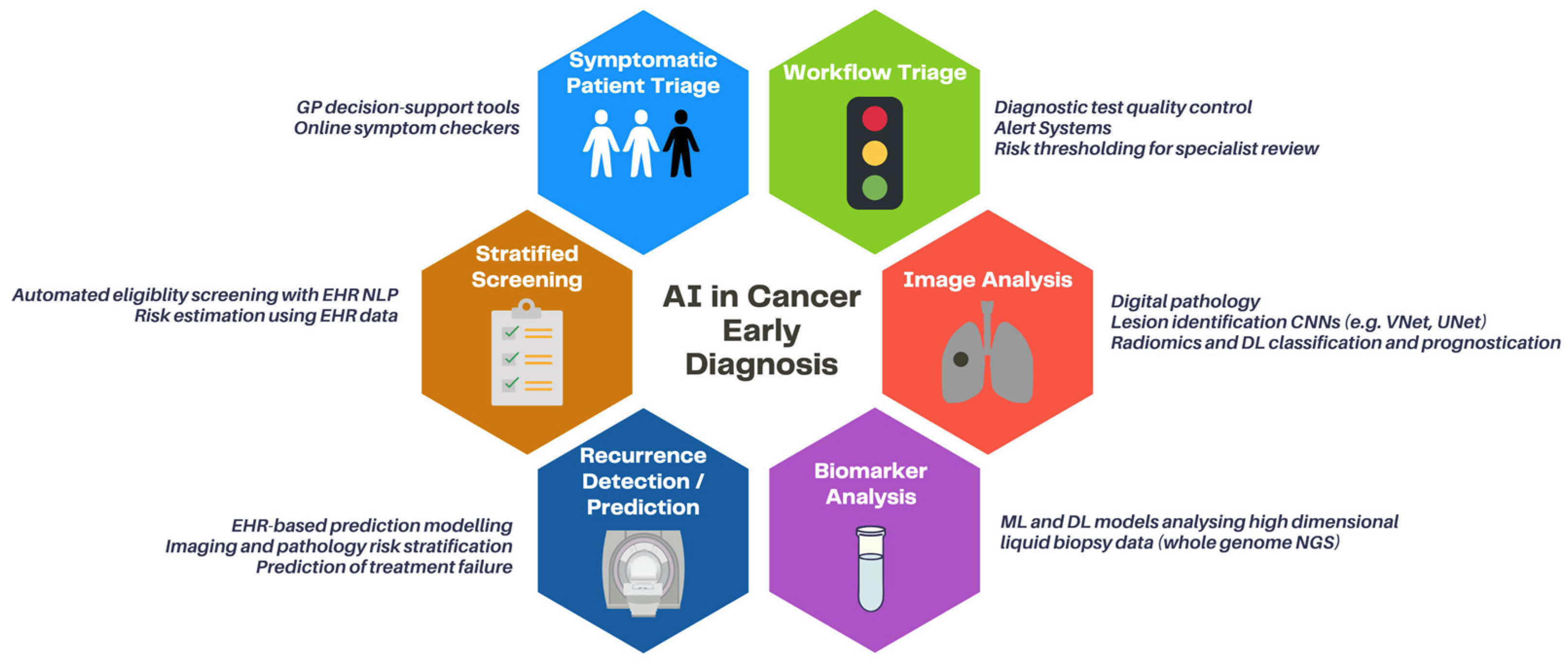
AI Powers Breakthrough in Cancer Diagnosis and PredictionAI Powers Breakthrough in Cancer Diagnosis and Prediction Advancements in artificial intelligence (AI) are revolutionizing the field of cancer diagnosis and prediction. Through the integration of AI algorithms with vast medical data, researchers have made significant strides in detecting and predicting cancer with increased accuracy and efficiency. Early Detection and Diagnosis AI-powered algorithms can analyze large volumes of patient data, including imaging scans, medical records, and genetic information. By recognizing subtle patterns that are often missed by human eyes, AI can detect cancerous lesions at earlier stages, leading to more timely interventions and improved patient outcomes. For example, a recent study using deep learning algorithms demonstrated 99% accuracy in identifying lung cancer nodules on CT scans, significantly outperforming human radiologists. Personalized Treatment Plans AI can help personalize cancer treatment plans by predicting the likelihood of response to specific therapies. By analyzing patient-specific data, algorithms can identify genetic mutations, tumor characteristics, and lifestyle factors that influence treatment effectiveness. This information enables clinicians to tailor therapies to each individual, maximizing the chances of success while minimizing adverse effects. Predicting Cancer Risk AI algorithms can also predict the risk of developing cancer in individuals. By integrating genetic information, family history, and environmental factors, AI models can identify patterns that indicate an elevated risk. This knowledge empowers patients to make informed lifestyle choices, undergo preventive screenings, and monitor for early signs of disease. For example, a study using machine learning found that AI algorithms could predict breast cancer risk with 80% accuracy, offering valuable guidance for women at high risk. Challenges and Opportunities While AI holds tremendous promise in cancer diagnosis and prediction, there are also challenges that need to be addressed. Data quality and privacy concerns, as well as the need for rigorous validation of AI algorithms, are key areas that require attention. Despite these challenges, the integration of AI in cancer care is opening up new possibilities for more accurate diagnoses, personalized treatments, and ultimately improved patient outcomes. As AI technologies continue to advance, we can expect even greater advancements in the fight against cancer.
Posted inNews